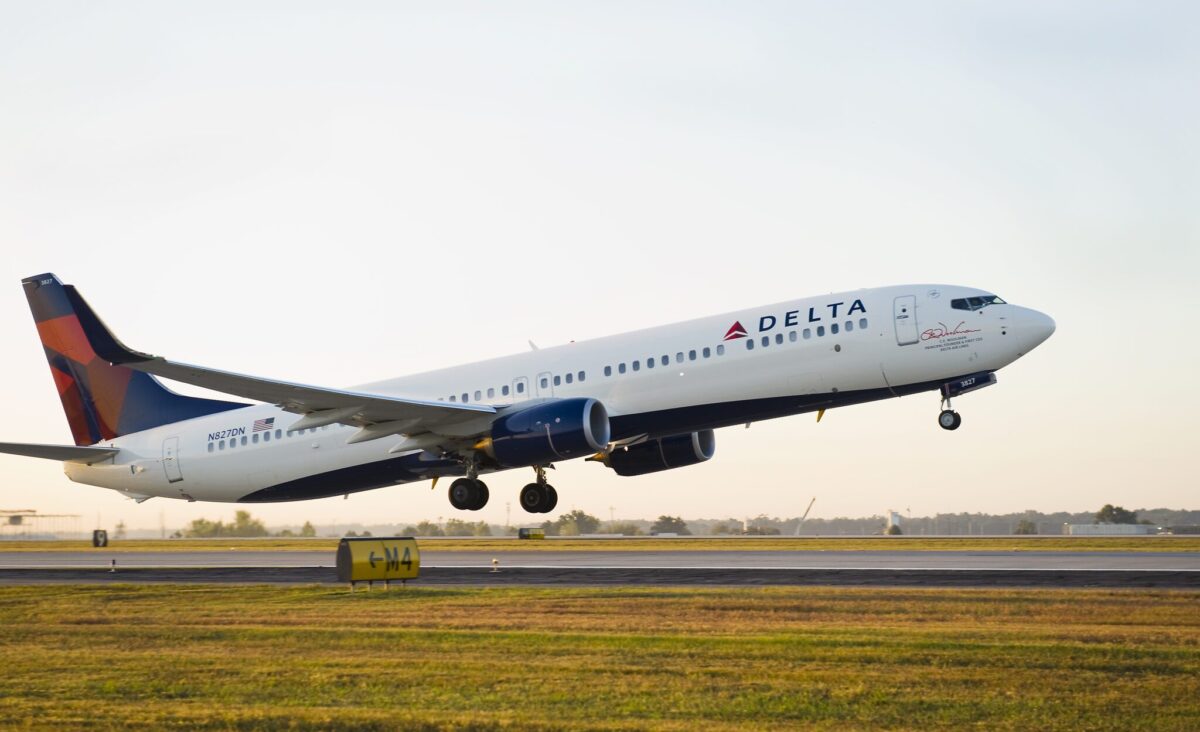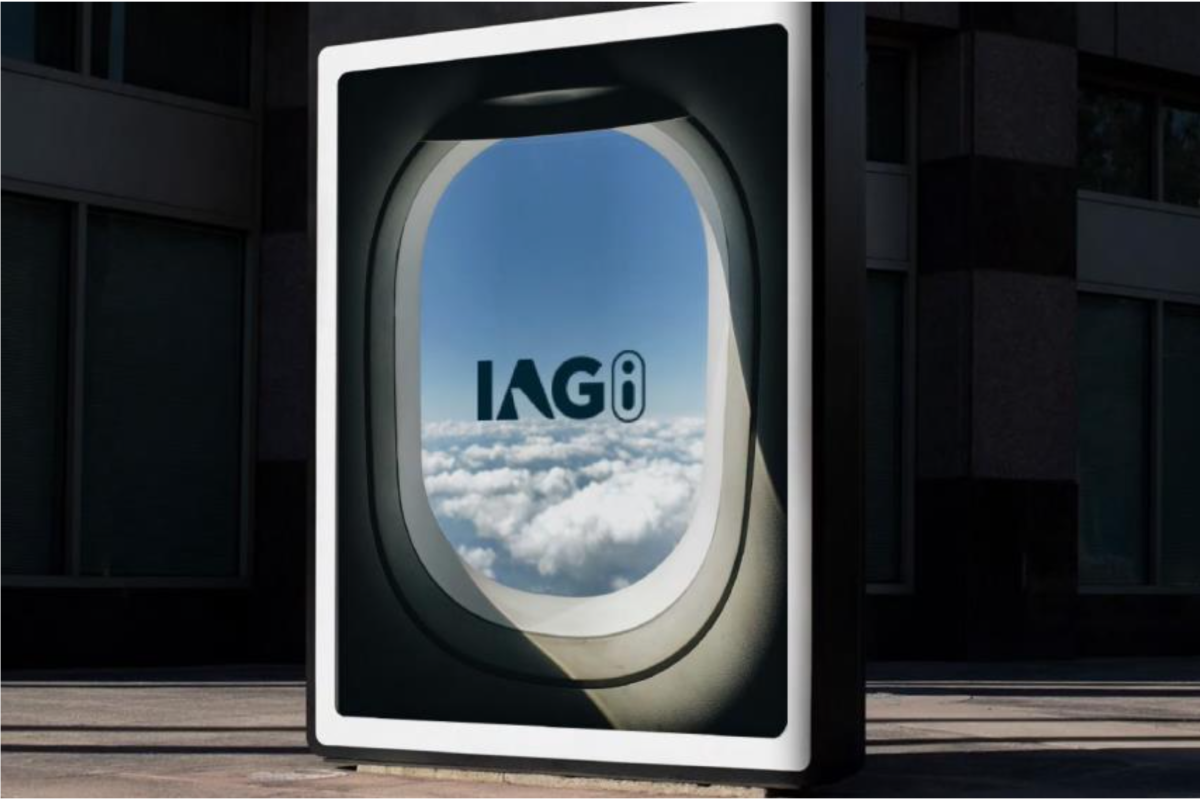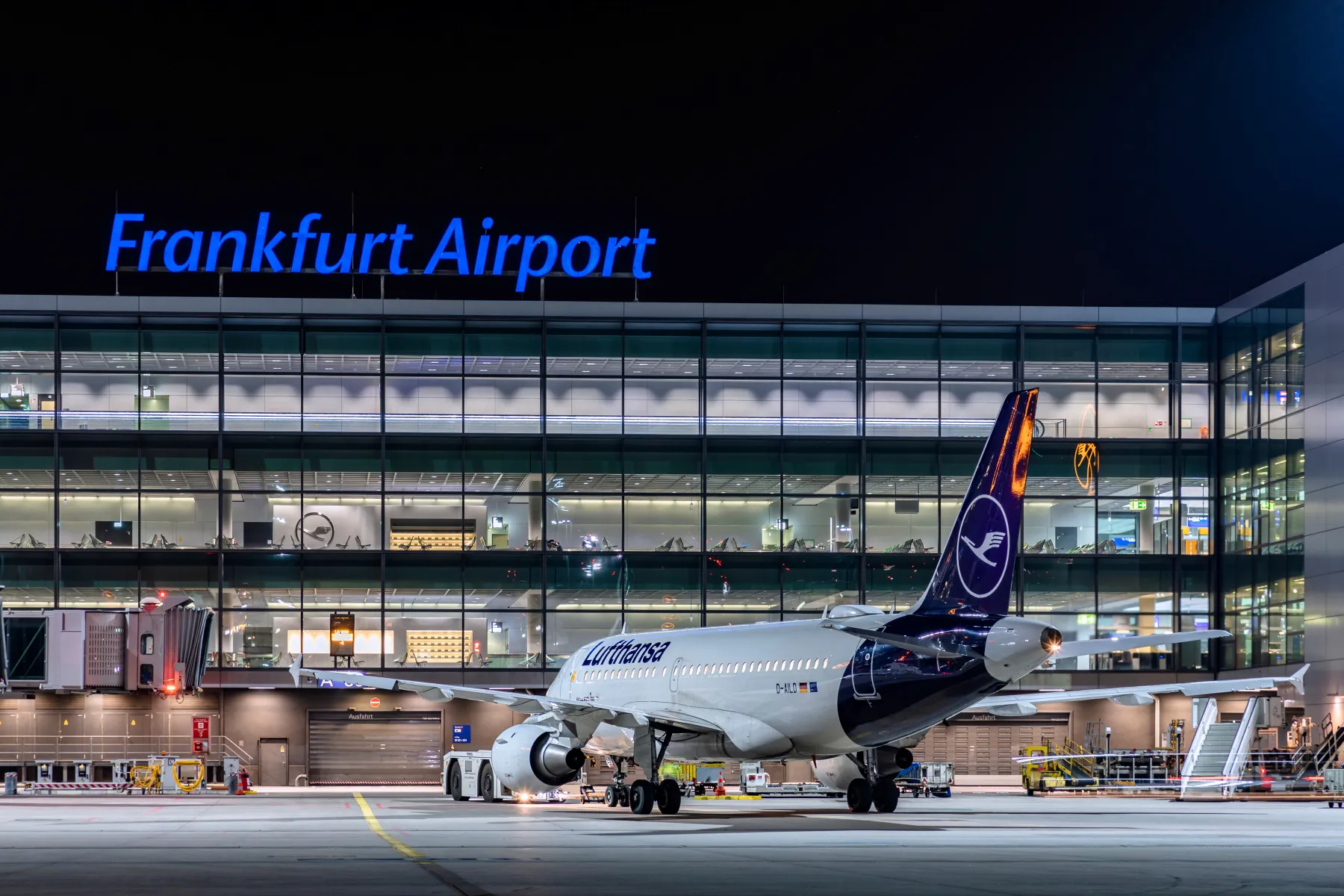The Era of Ignoring Simple Meetings Is Over

Skift Take
Large organizations might have hundreds of meetings and small events a year, but for decades many of the smaller or less complex meetings have flown under the radar.
This is despite the fact that about 43 percent of a company’s travel budget is devoted to meetings, according to data from the U.S. Travel Association, and roughly half of these meetings are simple meetings.
In fact, Cvent CEO Reggie Aggarwal has called meetings “the last bastion of unbridled spend.”
In the past couple years, though, this has changed, as a variety of factors pull the industry in a new direction. Companies have begun to understand that they must track all of their meetings in order to truly understand how much they are spending, how they can save, and to ensure employees are complying with company policy.
Meanwhile, a growing number of event technology platforms have gained traction, receiving investor money and winning over larger clients.
“I think they’re starting to believe the data,” said Charles de Gaspe Beaubien, CEO of event management platform Groupize. “We used to call them small meetings, and we used to ignore them. Then two or three years ago, a few companies started doing really deep audits, and they started saying, ‘Oh my God, we have 60 to 80 percent of meetings that need to be tracked and booked and managed.”
De Gaspe Beaubien draws a distinction between small meetings and simple meetings, however. While small meetings will always have a relatively small number of attendees, they can still be extremely complex, depending on what the object of the meeting is, he said. A high-profile investor meeting may have only eight people, but the wide variety of factors that go into it make it anything but simple.
Simple meetings, meanwhile, can range from two people to 2,000 people, but they have straightforward requirements and a limited number of variables. These are the sorts of meetings that Groupize tools were designed for, helping organizations keep all related data on one, easily accessible platform.
The Wild West
Part of the reason why many companies have ignored simple meetings for so long is that they happen so frequently, and they take place across all areas of an organization.
Often, the employees planning a meeting do not have experience in events and may not have the time or the training to formally book the meeting. Instead, they might use whatever free tools they have on hand, meaning the data is decentralized and easily lost.
“It was really the Wild West,” said Amy Barone, chief strategy officer for event technology platform Splash. Some employees might be using Google Sheets, others might be using Eventbrite, while others might be using Paperless Post or Excel, she said.
“None of that data was trackable, so there was no real understanding. There were just requests for more money or funds,” she added. “Now what people are finally acknowledging is that these kinds of meetings are happening across the organization. Companies are starting to hold these meetings to the same standard they would other types of events.”
In particular, she said, companies want to make sure they are getting an appropriate return on their investment, as well as know how to maximize savings. If a company knows how much of this money is going to a specific hotel, for example, it can then negotiate a deal with the hotel.
Duty Of Care
In particular, safety has become a big reason why companies are increasingly prioritizing the tracking of simple meetings. With threats of domestic terrorism and extreme weather events on the rise, knowing where each employee is and how to quickly contact them is becoming even more of a priority.
“Duty of care is huge,” said de Gaspe Beaubien. “You have people all over the world all the time, and you just don’t know who they are or where they are.”
For some companies, duty of care has become an even bigger factor in tracking simple meetings than the potential for savings, since it's mandatory and any lapse in care can expose the company to huge risk. According to de Gaspe Beaubien, this pressure from clients is what prompted Groupize to add a duty-of-care function to its new Groupize Tableau tool, which it released at the end of July.
Travel management companies (TMCs) have also begun to emphasize the importance of tracking on behalf of their clients, he added. In part, this is because travel management companies are increasingly trying to aggregate as much data as they can from the industry, becoming a sort of business intelligence repository.
“TMCs are now starting to push this as part of the managed travel program,” he said. “They’re saying, ‘We need to manage your trends in travel. So we need to manage your simple meetings and your complex meetings.’ It’s becoming part of the toolbox for almost everybody in the industry.”
However, tracking is still in early stages, he was quick to point out. Many companies are still figuring out how many meetings they have in a year, never mind how much they spend on them, or how much they can save.
"We always say to companies, 'How many meetings do you have?' And they all say, 'We have a lot, but we can’t quantify it,'" de Gaspe Beubien said. "They just don't even know."




